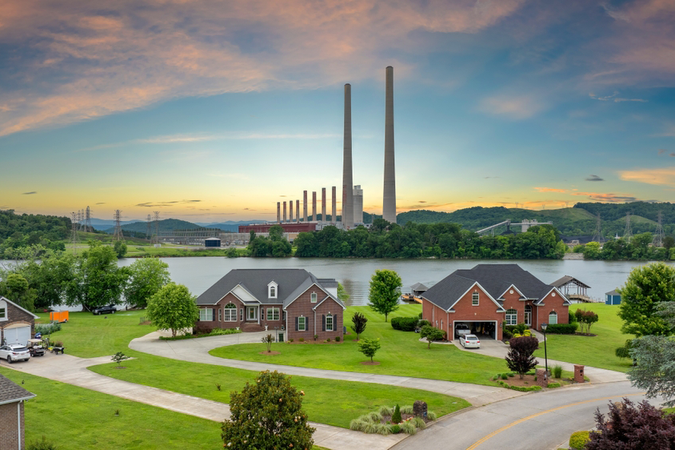Community-Engaged Economics Research for the Clean Energy Transition
This article examines the role of community-engaged research in environmental economics to enhance the equity and effectiveness of clean energy transition policies.
Abstract
There has been a growing effort to design environmental and energy policies that emphasize equity for historically underserved communities. Recently, the Inflation Reduction Act of 2022 allocated substantial resources to propel the clean energy transition, specifically emphasizing environmental justice and equity for low-income households. Although these policies hold promise for significant emissions reductions, the imperative of equitable outcomes necessitates active community involvement. Environmental economists are uniquely positioned to evaluate the energy transition policies’ impact on environmental justice; however, the focus on efficiency in conventional economic policy analysis may not sufficiently address the intricacies of this endeavor. This article examines the role of community-engaged research (CEnR) in environmental economics, evaluating its adoption within the field and highlighting its potential for enhancing research methodologies in the context of the clean energy transition. CEnR represents an evolution in research practices, encompassing ethical considerations and placing community perspectives at the center of academic analyses. More broadly, it underscores the importance of integrating community insights into economic research, to ensure that our research is grounded in real-world conditions and that our clean energy policy recommendations reflect the needs, concerns, and interests of the participating communities.







